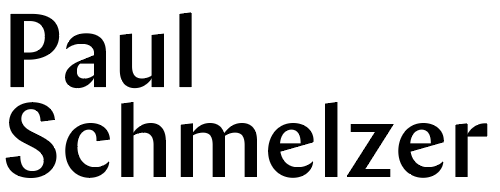When weavers were seeing opportunities dry up due to industrialization, when World War II left millions hungry in Europe, when electrification efforts left farmers out, when racism left Black Americans with few decent jobs, and when the COVID-19 pandemic struck: co-ops were there. In a new piece for the 101-year-old agricultural co-op Land ‘O Lakes, I looked at the variety of cooperative business models, from the $30-million Isthmus Engineering & Manufacturing to The Hub bike shop, to see how co-ops thrive in times of turmoil and what promise this model has going forward.
The Hub, my neighborhood worker-owned co-op, is located two doors down from the police precinct at the center of the uprising following George Floyd’s murder. It’s called that block home for more than 20 years, and as the neighborhood continues to rebuild, it’s something of a community anchor, thanks in large part to its cooperative mission. Despite damage to its building and having witnessed neighboring businesses burn to the ground (including Gandhi Mahal, the restaurant at the center of another piece I recently wrote), it’s committed to the neighborhood.
“We’re not going anywhere,” bike mechanic and Hub co-owner Henry Slocum told me. “The worker-owned co-op is not a get-rich-quick scheme, but it has demonstrated that it has the power to build roots and stability and economic vitality in communities. That’s what we’re here for.”
Read “The power of building community roots: What cooperatives can teach us in times of turmoil.”
And here’s part two (although currently misattributed to a different writer), “Creating Cooperative Change: Building a better future starts with working cooperatively.”




